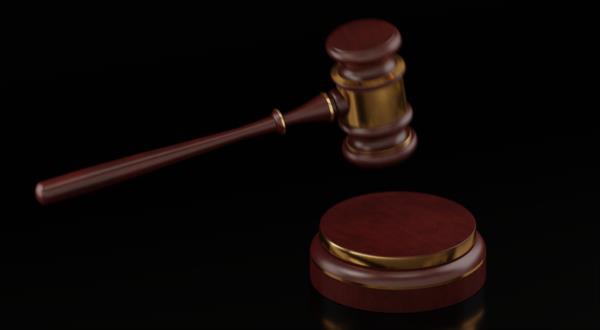
The US Supreme Court has declined to halt the execution of a Black inmate in South Carolina, scheduled for Friday evening. Richard Moore, 59, is set to receive a lethal injection at 6 p.m. Moore's case has drawn attention due to his claims of racial bias in jury selection.
Moore was convicted of killing a White convenience store clerk during a robbery in 1999. His defense attorneys argue that prosecutors unjustly excluded Black individuals from the all-White jury that convicted him. Despite pleas for clemency from over 20 individuals, including jurors and a former prison system director, Governor Henry McMaster has yet to announce his decision.
The Supreme Court denied Moore's request without comment, upholding the conviction. Moore's attorneys have also argued that he acted in self-defense during the incident. His son has appealed for mercy, stating that his father's sentence is disproportionate to the crime.
South Carolina officials maintain that Moore's claims of racial bias in jury selection have been previously addressed and dismissed. The state's attorney general argues that it is too late for Moore to raise these issues now.
Moore's case highlights broader issues surrounding the death penalty in the US. Since the reinstatement of the death penalty in 1976, over 1,600 individuals have been executed, with a disproportionate number being Black. The debate over clemency for Moore underscores the complexities of capital punishment and the legal system.
As the execution deadline approaches, Moore's fate hangs in the balance, awaiting Governor McMaster's decision on clemency.







